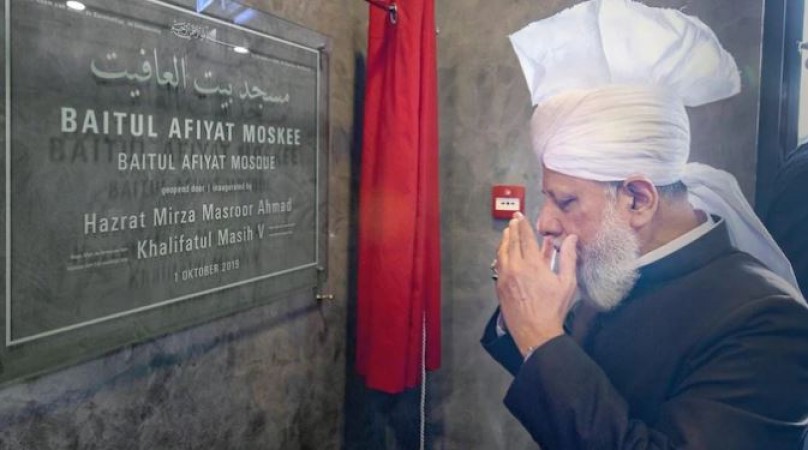
Ahmadiyya Muslims are followers of the Ahmadiyya movement, a religious community within Islam that was founded in the late 19th century by Mirza Ghulam Ahmad in British India. The movement emerged as a reformist and revivalist response to the challenges posed by British colonial rule, Christian missionary activities, and the decline of Muslim intellectual and spiritual vigor during that period. Despite their identification as Muslims, Ahmadiyya Muslims have faced controversy and opposition from some mainstream Muslim groups, with some labeling them as "kafir" or non-Muslims. This article aims to provide a detailed understanding of the history, beliefs, and reasons behind the "kafir" accusations against the Ahmadiyya community.
History of Ahmadiyya Muslims:
The Ahmadiyya movement was founded in 1889 by Mirza Ghulam Ahmad, who claimed to be a divinely appointed reformer (promised Messiah and Mahdi) tasked with rejuvenating Islam and guiding Muslims back to the true teachings of the Prophet Muhammad. Mirza Ghulam Ahmad aimed to reinvigorate faith in the One God and encourage Muslims to adhere to the peaceful teachings of Islam in an era of social and political upheaval.
Beliefs and Practices of Ahmadiyya Muslims:
Ahmadiyya Muslims uphold the fundamental beliefs of Islam, such as the belief in the oneness of God (Tawhid), prophethood of Muhammad (peace be upon him), and the finality of prophethood with Prophet Muhammad. However, the key doctrinal difference that distinguishes Ahmadiyya Muslims from mainstream Islam is their belief in Mirza Ghulam Ahmad as a subordinate and secondary prophet (non-law-bearing) after Prophet Muhammad. They view him as the Promised Messiah who came to guide Muslims back to the path of righteousness.
Controversy and Accusations:
The designation of Ahmadiyya Muslims as "kafir" or non-Muslims has its roots in the disagreement over their beliefs regarding the finality of prophethood. Mainstream Muslim scholars, including Sunni and Shia authorities, maintain that the prophethood of Muhammad is the last and final prophethood in Islam. According to them, accepting any claimant to prophethood after Muhammad undermines the finality of his prophethood, which is a foundational belief in Islam.
Legal Status and Persecution:
The issue of "kafir" accusations has had serious legal and social implications for Ahmadiyya Muslims in some countries. In Pakistan, for example, the government declared Ahmadiyya Muslims as non-Muslims through the Second Amendment to the Constitution in 1974, thereby restricting their religious freedoms and rights. The ordinance criminalizes Ahmadiyya Muslims from calling themselves Muslims, performing Islamic practices, or using Islamic terminology. The community faces legal discrimination and has been subjected to persecution and violence in certain instances.
Ahmadiyya Response and Advocacy:
In response to the accusations and persecution, the Ahmadiyya community advocates for religious freedom, dialogue, and understanding. They maintain that their beliefs are based on their interpretation of Islam and that they should have the right to identify as Muslims while adhering to their beliefs. They strive to promote peace, tolerance, and interfaith dialogue, seeking to counter negative perceptions and misunderstandings about their community.
Conclusion:
The Ahmadiyya movement represents a significant religious community within Islam, founded as a reformist response to the challenges faced by Muslims in the late 19th century. The "kafir" accusations against Ahmadiyya Muslims stem from the doctrinal disagreement over the finality of prophethood, leading to legal and social implications in certain countries. While the controversy remains a point of contention, fostering dialogue, understanding, and respect between different Muslim groups is essential for promoting peace and religious harmony within the broader Muslim community.
Hero to finally set afloat its all new Xtreme 200S 4V to its Fullest
Kailash Mansarovar: A Historic, Cultural, and Religious Gem Lost in Indo-China War
Rupee Charges Ahead: Indian Currency Surges 6 Ps USDollar, Reflecting Investor Confidence